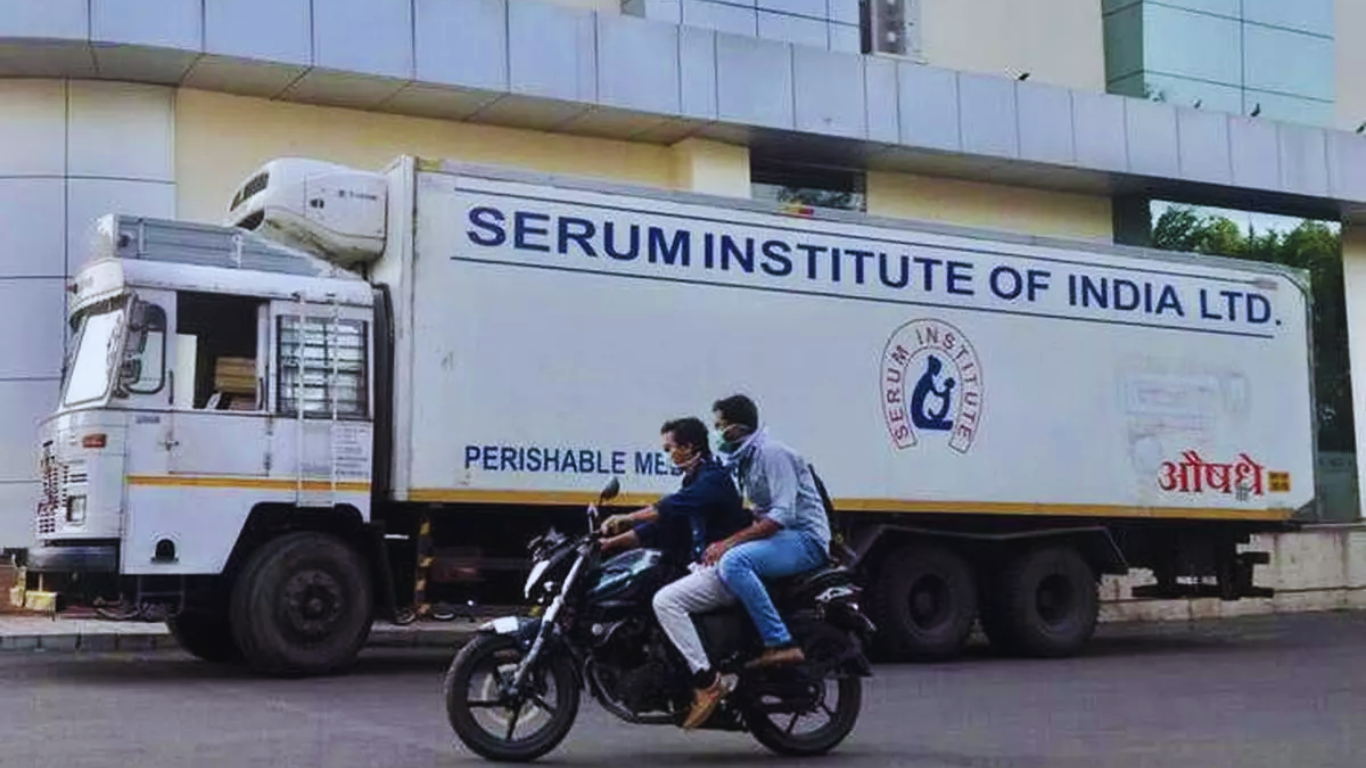

The Serum Institute of India (SII) has initiated the shipment of its inaugural batch of the R21/Matrix-M malaria vaccine to Africa. This first delivery is en route to the Central African Republic (CAR), with subsequent distributions scheduled for South Sudan and the Democratic Republic of Congo in the near future.
Of the 163,800 doses designated for CAR, 43,200 doses are being dispatched today from SII’s facility. Developed through collaboration between the University of Oxford and Novavax, the R21/Matrix-M vaccine is the second malaria vaccine authorized for use in children in malaria-endemic regions. It incorporates Novavax’s Matrix-M adjuvant and has received support from the European and Developing Countries Clinical Trials Partnership (EDCTP), the Wellcome Trust, and the European Investment Bank (EIB).
The flag-off ceremony occurred at SII’s Pune facility, attended by notable figures such as the US Ambassador to India, Eric Garcetti, Dr. Mehreen Datoo from the University of Oxford, Silvia Taylor from Novavax, and other dignitaries.
To date, SII has manufactured 25 million doses of the vaccine, with the capacity to scale up production to 100 million doses annually. US Ambassador Eric Garcetti praised the collaboration between the United States and India, emphasizing the vaccine’s potential to save lives globally.
Dr. Umesh Shaligram, Executive Director of R&D at SII, emphasized the significance of this milestone in the fight against malaria, highlighting the company’s commitment to innovation, affordability, and accessibility.
Professor Adrian Hill, Director of the Jenner Institute at Oxford University, expressed optimism about the impact of the R21/Matrix-M vaccine, anticipating a turning point in the battle against malaria.
The R21/Matrix-M vaccine received a recommendation from the World Health Organization (WHO) for use in children last October, following the announcement of its high efficacy in Phase 3 trial data earlier this year. Results from a Phase 2b trial, published in the journal SSRN/Preprints with The Lancet, demonstrated a high efficacy rate of 77% over 12 months of follow-up, signaling progress toward vaccinating children in high-risk populations.
Developing the R21/Matrix-M vaccine required three decades of research at the University of Oxford’s Jenner Institute. With its ease of deployment, cost-effectiveness, and affordability, the vaccine holds the potential to save millions of lives annually.
He rose to prominence in IPL 2009 while representing Royal Challengers Bengaluru (RCB), where he…
Florida woman, who referred to herself as a "dog mom," was taken into custody after…
The Khar police have issued two summons to Kamra since the registration of a First…
Håkan Samuelsson, 74, led Volvo’s transformation, driving EV expansion, SPA platform development, and its 2021…
In 2019, Imran Khan was nominated for the Nobel Peace Prize for his efforts to…
Interested candidates must submit their achievement certificates through the designated Google Form before the deadline…